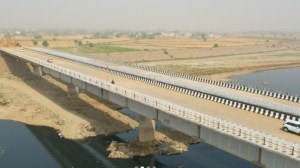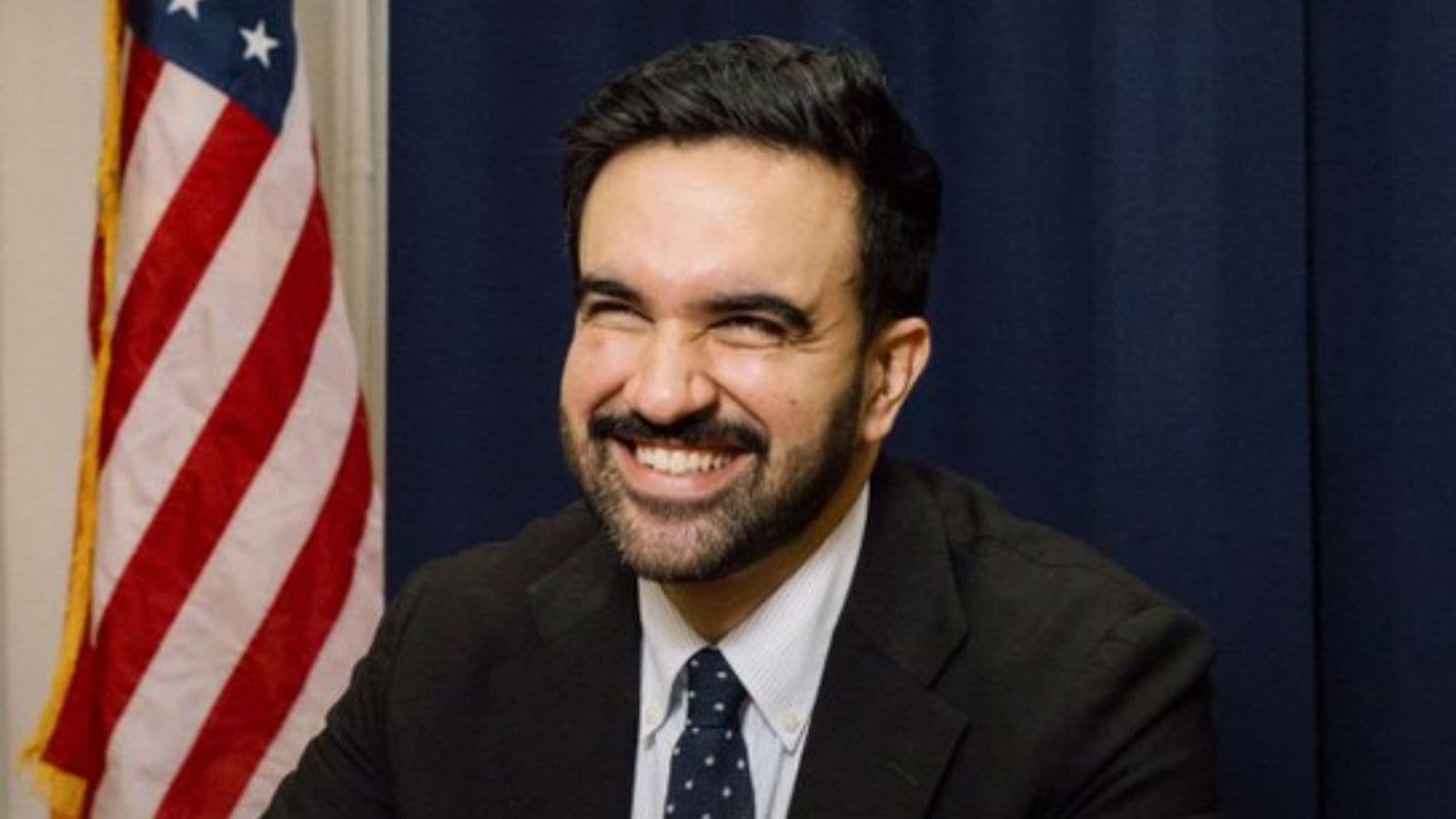Healthcare will be moving more from a hospital to home as patient data analysis can be done remotely, a top executive of Royal Philips said in an interview. “Patients don’t need to go back to the hospital every time and fewer hospital visits reduce costs,” Bert Van Meurs, executive vice-president and chief business leader of image guided therapy, and chief business leader of precision diagnosis (ad interim), said.
Meurs was in India for the groundbreaking of a new R&D facility of Royal Philips at Chinchwad in Pune. The new centre will consolidate the image-guided therapy, precision diagnosis, monitoring and sleep and respiratory teams into one centre to accelerate innovation from India.
Meurs said the new facility, which will have 2,000 people, was required to be set up because the company has been growing at a rapid scale. Philips’ Bengaluru centre focus is on software and global IT support, while Pune’s focus is on end-to-end product development, including hardware, software and systems engineering. Development work on some of the products done here is for the entire world, he said.
Royal Philips launched five new products last year from Pune — two in diagnosis, (X-ray systems), and three in mobile surgery. All of the global mobile surgery business is located in the centre so that all the R&D for that business is done here. “We also have a lot of systems engineering, and testing capabilities here. We bring a lot of the R&D expertise here. And that’s where you see the benefit of integrating that into one facility,” Meurs said.
He said the biggest challenge right now is that physicians don’t have time to attend to an increasing number of patients as they also have to do a lot of administrative tasks. “So it is about streamlining and more optimised workflows, giving physicians more time. You have to embed AI that can help to have more predictive analytics, so you can do faster and more consistent diagnoses. AI can help save time and reduce costs for the healthcare system,” he added.
The algorithms, for instance, in the DXR system that the company launched just last year in Pune have AI that can automatically detect where a patient is standing next to the detector, saving time per patient. There is AI in diagnostic imaging, like an MRI called Smart Speed. The scans have better image quality and are three times faster than a normal MRI scan, Meurs claimed.







